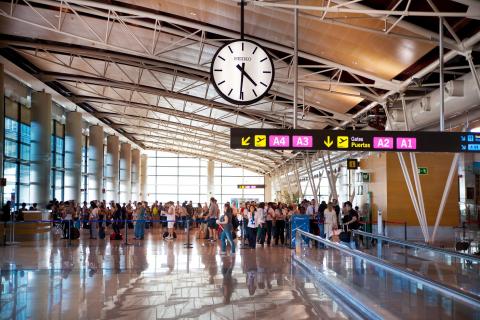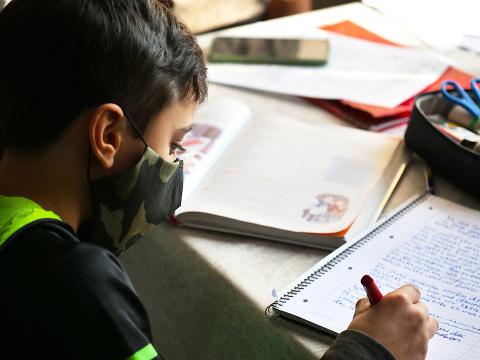Reaction: study examines effectiveness of restrictions to reduce covid-19 transmission in Spain
Research published in the journal Frontiers in Public Health has measured the relationship between restrictions in different settings - such as leisure and catering - taken in Spain between September 2020 and May 2021, with covid-19 transmission. The authors conclude that, overall, increased restrictions decreased disease transmission.

Pedro Gullón - restricciones covid EN
Pedro Gullón
Social epidemiologist and doctor specialising in preventive medicine and public health at the University of Alcalá
This paper analyses how the degree of restrictions in different provinces of Spain is associated with a reduction in covid-19 transmission from the second wave to May 2021.
They find, which is consistent with the literature, that restrictions in hospitality and other indoor settings reduced covid-19 transmission. However, restrictions in mobility and retail did not have a significant effect. This is consistent with the accumulated knowledge on the pandemic in Spain.
Despite the limitations highlighted by the authors (mainly because making indices that homogenise measures against covid-19 is extremely difficult), it represents an advance in the knowledge of the pandemic, which can help us to face future moments.
"I have a past professional collaboration with some of the authors of the article".
Inés Barbeito et al.
- Research article
- Peer reviewed
- People



